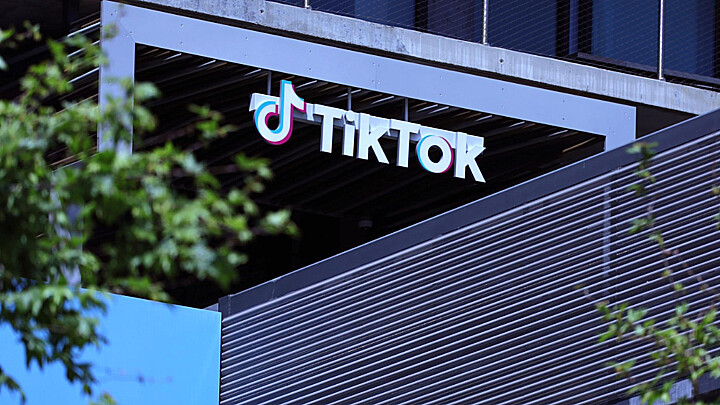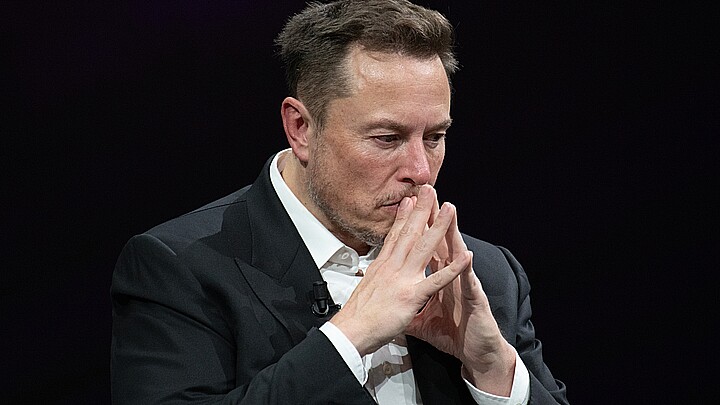Technology
TikTok ships “opium version” to world and less addictive app to Chinese audience
“It's almost like they recognize that technology's influencing kids' development,” he said of Douyin, the Chinese version that is focuses more on educational and patriotic content.
November 7, 2022 6:22pm
Updated: November 8, 2022 4:41pm
A tech ethicist called the version of TikTok used outside China the “opium version,” saying it is telling how parent company ByteDance ships a tamer, more educational version to its domestic audience.
Tristan Harris, former Google design ethicist and co-founder of the Center for Humane Technology, made the comments during an episode of 60 Minutes about how social media amplifies anger for profit.
"Each individual term referring to your political out-group increased the odds of that post being retweeted or reshared by 67%," Harris told CBS’s Bill Whitaker. "Out-group being the other side."
The Google alum said that rewarding anger at out-groups skews the politic landscape – on both sides.
"I think the deepest, like, perverse thing about these platforms is that they have captured the meaning of social participation in society," Harris added.
"That they've colonized and privatized that social participation means 'I'm on TikTok,' 'I'm on Instagram,' 'I'm on Facebook.'"
Harris, who was featured in the 2020 documentary “The Social Dilemma,” said that TikTok has become one of the most popular apps in the world by serving up an addicting mix of short videos.
But he noted that the version of TikTok served to Chinese consumers, called Douyin, is very different from the one used by the rest of the world.
"In their version of TikTok, if you're under 14 years old, they show you science experiments you can do at home, museum exhibits, patriotism videos and educational videos. And they also limit it to only 40 minutes per day,” said Harris.
“Now they don't ship that version of TikTok to the rest of the world. So it's almost like they recognize that technology's influencing kids' development, and they make their domestic version a spinach version of TikTok, while they ship the opium version to the rest of the world."
TikTok has fueled social trends in the U.S., some of which have hurt people in real life. It has also been linked to mental health issues, especially among teenage girls who have latched on to popular trends like Tourette-like verbal tics.
Harris’ points are reminiscent of how Apple’s Steve Jobs famously limited to use of his company’s products, like iPhones and iPads, of his own children.










